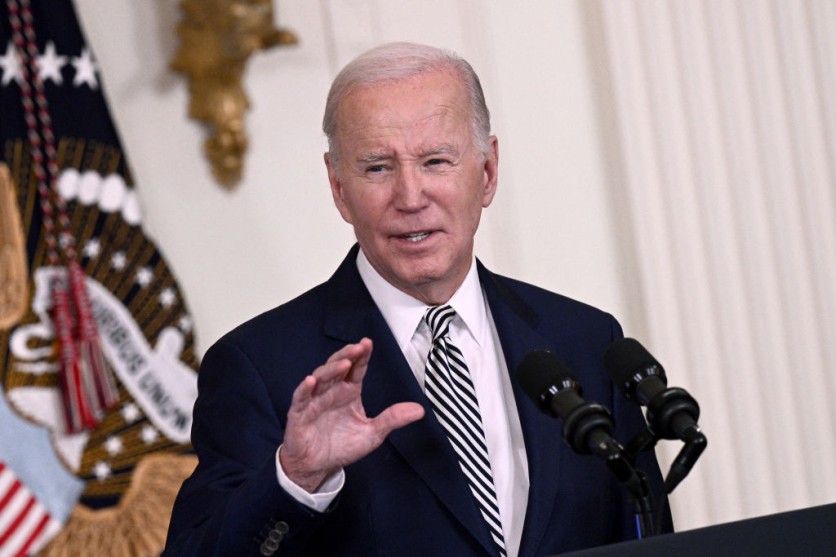President Joe Biden's executive order on artificial intelligence (AI) has sparked concerns from a coalition of 20 state attorneys general, including Utah Attorney General Sean Reyes.
In a letter addressed to Commerce Secretary Gina Raimondo, the attorneys general expressed worries that the order, signed in October, lacks Congressional authorization and could lead to the federal government consolidating control over AI developed by the private sector. The group particularly emphasized the risk of potential political misuse, including the censorship of alleged "disinformation."
While the executive order aims to set new standards for AI safety and enhance privacy and consumer protections, the attorneys general argue that it establishes a "gatekeeping function" within the Commerce Department, imposing an "opaque and undemocratic process" on AI developers. According to Fox News, the letter highlights concerns that this bureaucratic supervisory process could stifle AI development, favor large tech firms, and offer inadequate protection for citizens.

Ensuring AI Safety Amid Growing Concerns
Under the Defense Production Act, the White House's AI Executive Order requires companies developing foundational models with serious risks to national security, economic security, or public health and safety to notify the federal government during training. The White House indicated in the order's original proclamation that these corporations must divulge all red-team safety test results.
"These measures will ensure AI systems are safe, secure, and trustworthy before companies make them public," according to The White House.
Ben Buchanan, the White House special adviser on AI, emphasized the US government's commitment to ensuring the safety of AI systems before their public release, as reported by AP News.
Acknowledging President Joe Biden's clear stance on companies meeting safety standards, Buchanan outlined the software companies' dedication to specific safety test categories. However, there is currently no requirement for adherence to a standardized safety test, prompting the National Institute of Standards and Technology to develop a uniform framework as outlined in Biden's October executive order.
The Biden administration is actively engaging with congressional legislation and collaborating with other nations and the European Union to establish comprehensive regulations for AI technology. The Commerce Department has initiated a draft rule targeting US cloud companies providing servers to foreign AI developers.
Nine government departments, including Defense, Transportation, Treasury, and Health and Human Services, have assessed AI's use in essential infrastructure like the power grid. The US government is also hiring more AI specialists and data scientists across federal departments to oversee AI's revolutionary potential and ensure regulatory readiness. Buchanan said the government will use AI without disturbing established systems.
Meta Board: Facebook Rules OKs Modified Videos Depicting Biden as a Pedophile
In another development about AI safety, Meta, Facebook's parent company, found that a Facebook video falsely accusing President Joe Biden of pedophilia did not breach the platform's standards.
The independent monitoring board, financially backed by Meta, examined a user complaint over an altered seven-second video of President Biden in October. The board sustained Meta's video since the platform's present regulation only allows action against misleadingly edited videos created by AI or those that distort statements.
The ruling emphasized the need for a more comprehensive policy covering both audio and video content, with clear labels identifying manipulated content, regardless of AI involvement, per The Guardian. Meta informed the board of its plan to update the policy in response to evolving AI technologies. The company is reviewing the ruling and will provide a public response within 60 days.
Related Article : US-Blacklisted Huawei Tops China Smartphone Sales, Fueled by Mate 60 Pro 5G Success





